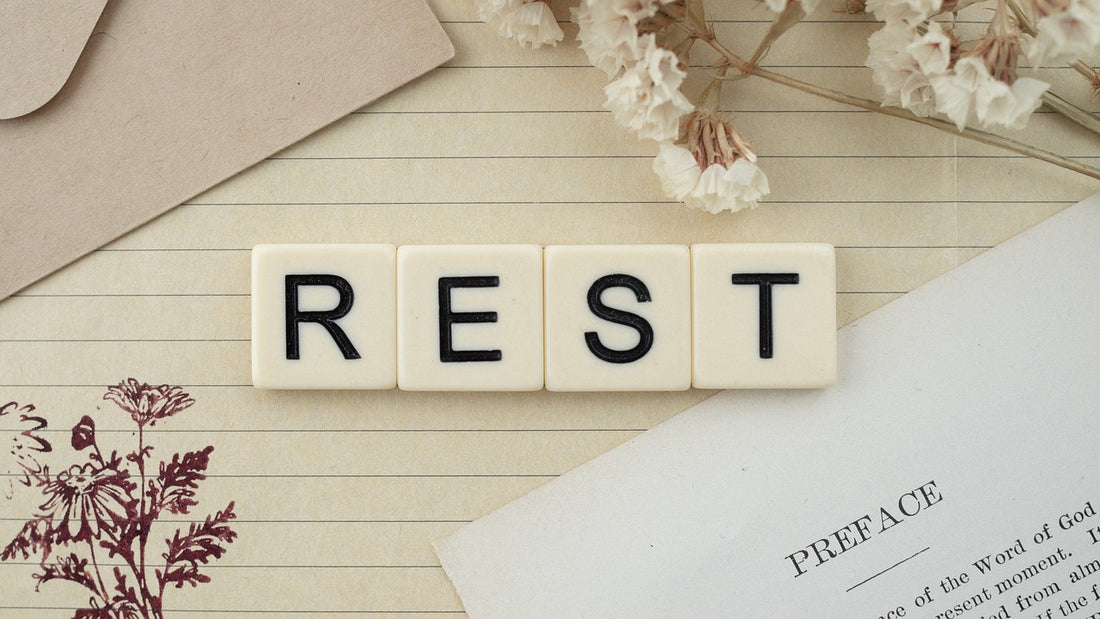
Breathing and Sleep (Blog 18): Using Breath to Enhance Your Restorative Rest
Have you ever struggled to fall asleep at night? Or maybe you find yourself waking up feeling tired and groggy, even after a full night's sleep. If so, you're not alone. Many people struggle with getting quality rest, which is essential for our overall health and well-being. But did you know that your breath can play a significant role in enhancing your restorative rest? In this blog post, we'll explore how you can use breath to improve your sleep and wake up feeling refreshed and rejuvenated.
Why is sleep important?
Sleep is not just a time for our bodies to rest; it's a crucial period for our bodies to repair and rejuvenate. During sleep, our bodies go through various stages, including deep sleep and REM sleep, which are essential for memory consolidation, hormone regulation, and tissue repair. Without enough quality sleep, we can experience a range of negative effects, including decreased cognitive function, weakened immune system, and increased risk of chronic diseases.
How does breath affect sleep?
Our breath is intimately connected to our nervous system. When we're stressed or anxious, our breath becomes shallow and rapid, activating our sympathetic nervous system, also known as the "fight or flight" response. This state is not conducive to restful sleep. On the other hand, slow, deep breathing activates our parasympathetic nervous system, also known as the "rest and digest" response, promoting relaxation and calmness.
The power of deep breathing
Deep breathing is a simple yet powerful technique that can help calm your mind and prepare your body for sleep. Here's a simple deep breathing exercise you can try:
- Find a comfortable position, either sitting or lying down.
- Close your eyes and take a deep breath in through your nose, filling your belly with air.
- Hold your breath for a moment, then exhale slowly through your mouth, emptying your lungs completely.
- Repeat this process for several minutes, focusing on the sensation of your breath entering and leaving your body.
By practicing deep breathing before bed, you can signal to your body that it's time to relax and unwind, making it easier to fall asleep and stay asleep throughout the night.
Other breath-related techniques for better sleep
In addition to deep breathing, there are other breath-related techniques you can incorporate into your bedtime routine to enhance your restorative rest:
- Progressive muscle relaxation: Combine deep breathing with progressive muscle relaxation by tensing and then releasing each muscle group in your body, starting from your toes and working your way up to your head.
- 4-7-8 breathing: Inhale through your nose for a count of 4, hold your breath for a count of 7, and exhale through your mouth for a count of 8. Repeat this cycle several times.
- Mindful breathing: Practice mindfulness by focusing your attention on your breath, observing each inhale and exhale without judgment.
Experiment with these techniques and find what works best for you. Remember, the key is to create a bedtime routine that promotes relaxation and prepares your body and mind for a restful night's sleep.
So the next time you find yourself tossing and turning in bed, try turning your attention to your breath. By using breath to enhance your restorative rest, you can transform your sleep and wake up feeling refreshed, rejuvenated, and ready to take on the day.
